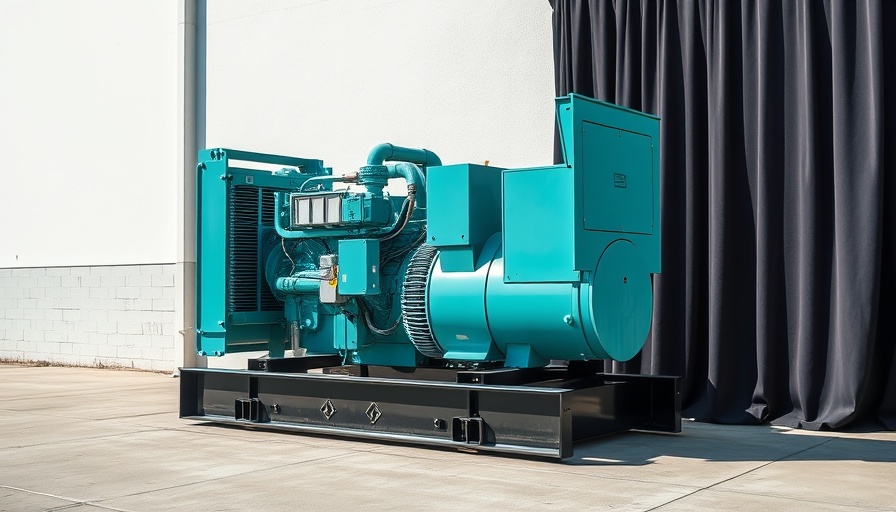
Texas's New Law on Backup Power for Senior Care Facilities
The recent legislative change in Texas regarding backup power for senior care facilities has sparked considerable debate among healthcare facility managers and the families of residents. The state’s law, House Bill 3595, now alters the regulatory landscape previously shaped by Hurricane Beryl's devastating impact, which left millions without electricity in July 2024.
Changes in Regulations After Hurricane Beryl
Hurricane Beryl was more than a storm; it underscored the vulnerabilities of senior care facilities unable to sustain power during natural disasters. After the hurricane, Harris County mandated that assisted living establishments install backup generators to protect residents during power outages. However, with the new state law, these regulations have shifted dramatically.
No longer required to invest in generators, senior care facilities must now only ensure that there is a climate-controlled area of refuge that maintains a temperature between 68 and 82 degrees, providing at least 15 square feet per resident. This reduced requirement may initially relieve budget constraints for some facilities but presents new challenges regarding resident safety and emergency preparedness.
Cost vs. Safety: A Dilemma for Healthcare Facility Managers
With the relaxation of the generator mandate, healthcare facility managers face a pressing dilemma: invest in full backup power systems or risk potential liability and reputational damage during emergencies. The state has made $1.8 billion available for emergency power funding, but senior care facilities will be competing for these resources against first responders and essential public services like cooling centers.
The competition for these funds raises critical questions. Will senior care facilities prioritize the safety of their residents over budget constraints? Or will they opt for minimal compliance with the new law, risking the well-being of those they serve?
Going Beyond the Minimum: Ensuring Resident Safety
Experts from the National Governor’s Association emphasize the importance of not only adhering to the new requirements but also planning effectively for critical systems. Managers are advised to conduct comprehensive power vulnerability assessments to identify and fortify essential systems crucial during a blackout. By focusing on full-facility backup power systems, facilities can sustain life-saving equipment, kitchen operations, and HVAC systems even amid prolonged outages.
Understanding the Bigger Picture for Senior Care
As the state simplifies requirements, the decision-making for facility managers could have significant implications. Not meeting emergency power needs may result not just in policy compliance but a loss of trust among residents' families, potentially leading them to seek facilities that prioritize robust safety measures.
In summary, while the loosening of Texas' regulations might appear beneficial at first glance, it also brings to the forefront the critical importance of proactive planning for senior care facilities. Making investments in reliable backup power systems is a step that provider managers can take to ensure their facilities remain safe havens for vulnerable populations. The decision to go beyond minimum requirements can not only foster a sense of security among residents and their families but also enhance the facility's reputation.
 Add Row
Add Row  Add
Add 




Write A Comment